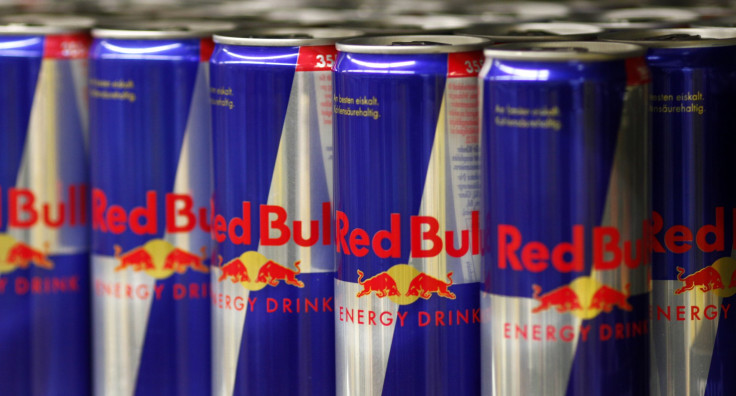Energy Drinks Increase Hyperactivity Risk by 66 Percent In Children, Study Notes

Energy drinks have become very common these days, especially among middle-school children and teenagers. Despite the many advertisements that label this beverage as a safer alternative to alcohol, a string of studies suggest otherwise. A new study by researchers from Yale School of Public Health noted that middle-school children to consume these heavily sweetened energy drinks are at a 66 percent higher risk of hyperactivity and inattention.
For the study, researchers surveyed 1,649 middle-school students randomly selected from a single urban school district in Connecticut. The average age of the student participants was 12.4 years old. An analysis of the data revealed some astounding findings. The researchers noted that boys were more likely to consume energy drinks than girls and that black and Hispanic boys were more likely to drink the beverages than their white peers.
"As the total number of sugar-sweetened beverages increased, so too did risk for hyperactivity and inattention symptoms among our middle-school students. Importantly, it appears that energy drinks are driving this association," Lead author, Professor Jeannette Ickovics, director of CARE said in a press statement. "Our results support the American Academy of Paediatrics recommendation that parents should limit consumption of sweetened beverages and that children should not consume any energy drinks."
Previous studies have also highlighted that drinking an energy drink mixed with alcohol is riskier for health than drinking alcohol alone. A Daily Mail report compares mixing alcohol and energy drinks to mixing "cocaine to heroin." Teens that consume such concoctions typically drink 36 percent more than their peers and report twice as many weekly episodes of drunkenness.
Currently, premixing high-caffeine products with alcohol by manufacturers is not permitted in the United States, according to a Wall Street Journal report. However, clubs continue to serve cocktails of the two, creating a highly intoxicating mixture. A few favourites among teens and young adults are vodka Red Bulls and Jäger bombs, made by dropping a shot of Jägermeister liquor into a glass of Red Bull, both of which are variants of Four Loko and Sparks. Taking note of the various health implications, both these alcoholic energy drinks have been banned in the country.
Commenting on the recent findings, a spokeswoman of Red Bull said in the Daily Mail report: "We cannot comment on the findings of the American public health report until we have looked at it in detail. Until then, we can only state what we have always said, which is to drink Red Bull responsibly."
A similar study conducted in April 2011 cited that even in a drunken condition, the body is aware of how much alcohol you're drinking and sends out cues signalling its time you stopped. However, when you mix energy drinks to alcohol, the brain shuts down and stops sending cues to put an end to your drinking. This leads to excessive intoxication, reported Medical News Today.
Many of the energy drinks available in the market these days are not safe, irrespective of what they claim. They contain varied levels of caffeine, which if taken at the wrong time lead to disturbed sleep and dehydration. Moreover, these energy drinks also trigger reactions in the body that boost blood pressure and heart beat rates, which again may not been good for the body. Experts recommend never consuming energy drinks while exercising as the combination of all the stimulants and other ingredients can result in loss of fluid from sweat and cause dehydration.
The study was co-authored by other researchers from CARE, the Rudd Center for Food Policy and Obesity, and the New Haven Public Schools. The findings were published online in the journal Academic Pediatrics.
To contact writer, email: sammygoodwin27@gmail.com





















